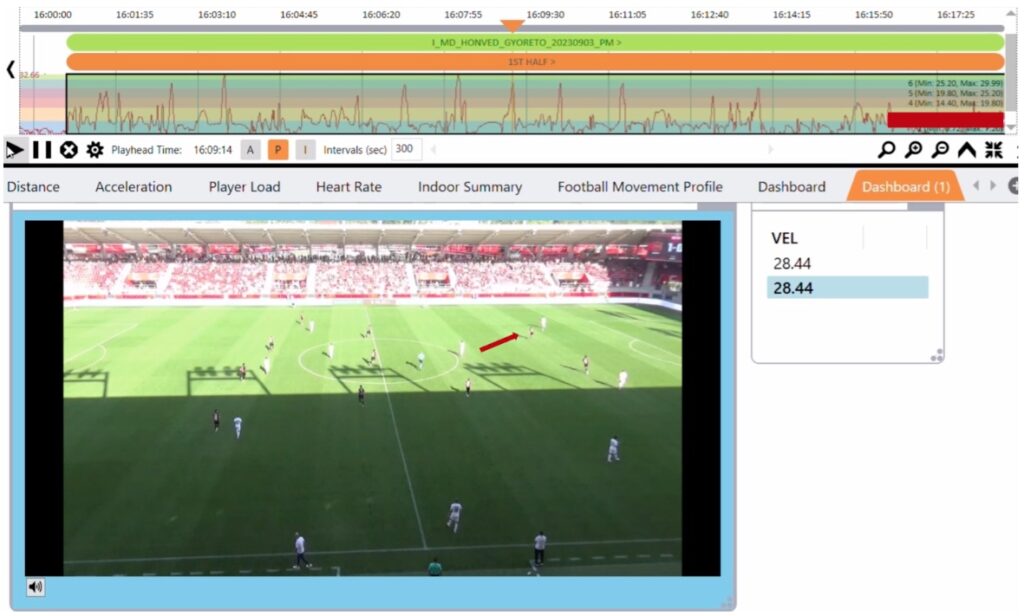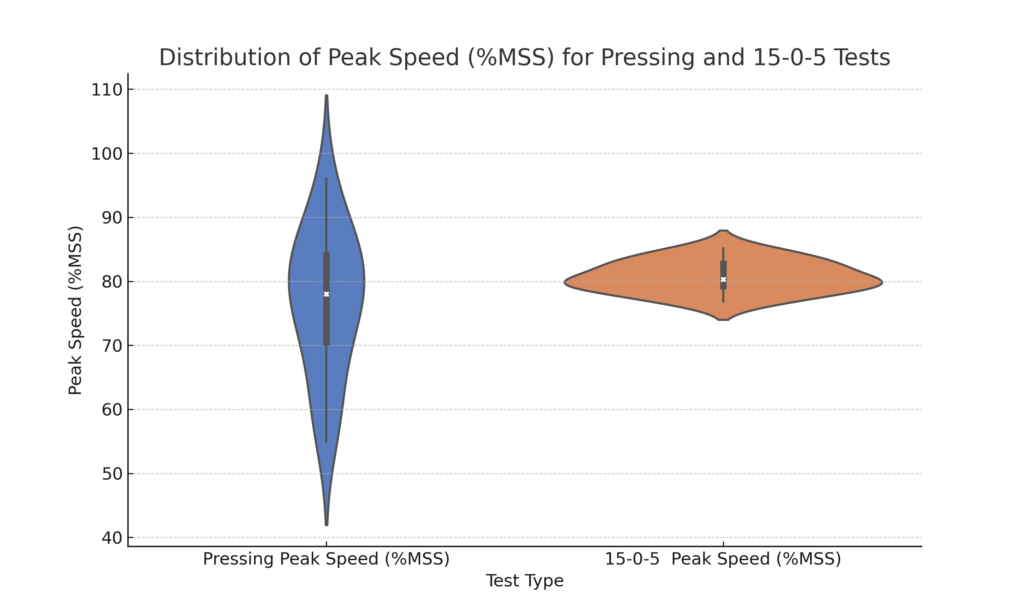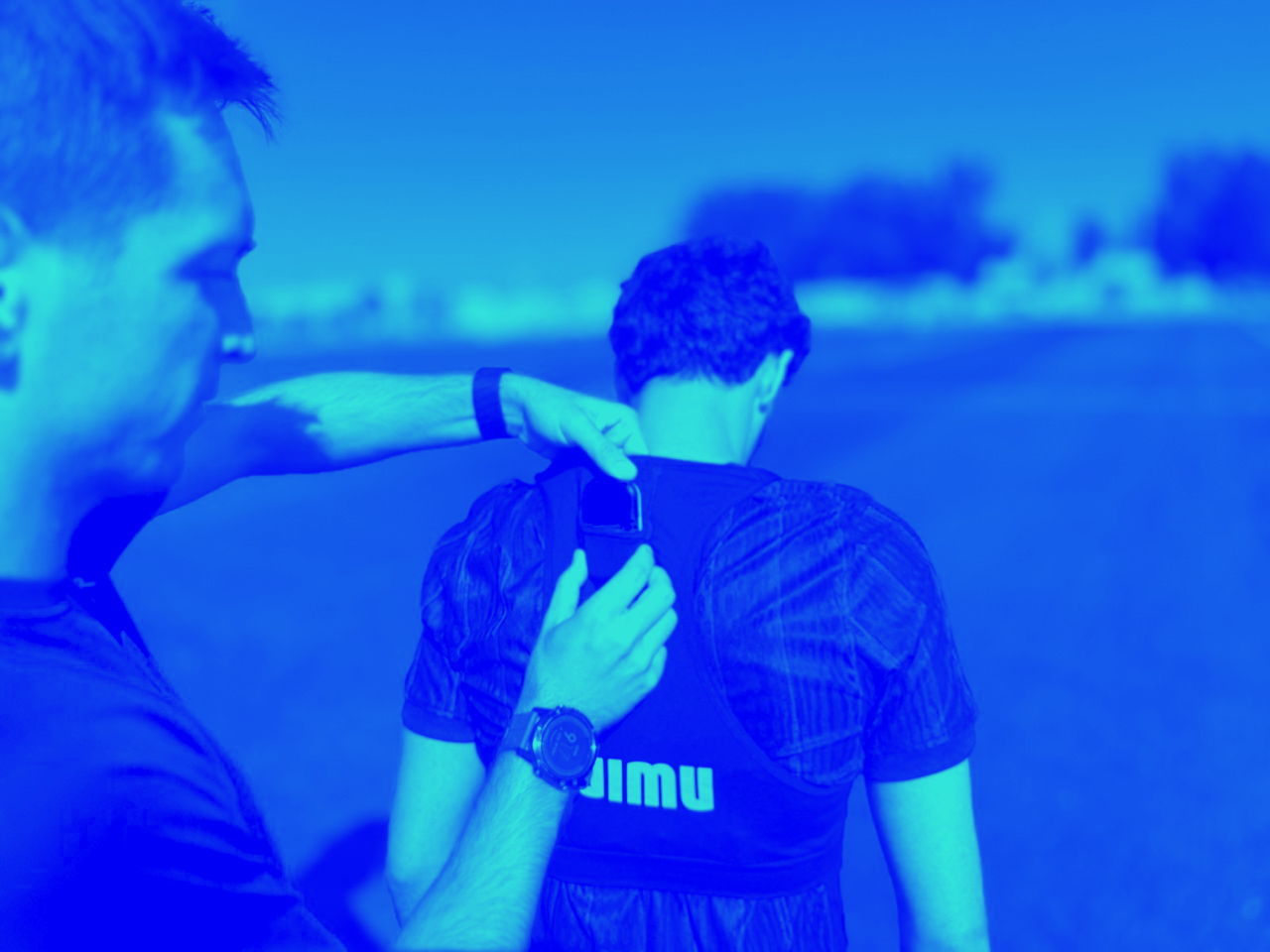Assessing Locomotor Demands of Pressing Actions in Elite Football: Insights for Testing and Training Prescription
Buchheit M, Lázár Z, Sinkó B, Kolozs B, Echevarne A, Guerra J, Krotki P & Eriksrud, O. Assessing Locomotor Demands of Pressing Actions in Elite Football: Insights for Testing and Training Prescription. Sport Perf & Science Reports, May 22, 225, v1.
Full text here
Key Highlights:
🔹 Effective Pressing: Crucial for disrupting opponents and regaining possession, enhancing offensive opportunities.
🔹 Injury Risks: Pressing increases injury risks, particularly ACL injuries.
🔹 Realistic Training: We compared the 15-0-5 change of direction test with actual match-pressing actions to enhance testing and training realism.
🔹 Peak Speeds: Similar peak speeds in 15-0-5 and match-pressing actions validate the 15-0-5 as a practical tool for assessing and training pressing demands.
🔹 Future Directions (1): Incorporate variability in speed, angle of change in direction and deceleration demands, along with perception-action challenges for better simulation of game conditions.
🔹 Future Directions (2): Motorized sprint resistance devices can enhance assessment and training, providing valuable data for player development and injury prevention.
#Football #SportsScience #Research #Training #InjuryPrevention #PerformanceOptimization #EliteAthletes

Figure 2. Methodology used to identify and analyze pressing actions in football match play. This process includes tracking player movements, first identifying the start of pressing actions through video analysis, and then determining peak speeds and assessing deceleration demands throughout the entire action using GPS data. Video and GPS data were synchronized for analysis.

Figure 3. Distribution of pressing peak speed values during match play and the 15-0-5 test, expressed as a percentage maximal sprinting speed (MSS).




Martin Loughran
Hi Martin how do I access the link to your new paper on COD. The link on the site doesn’t seem to work. Thank you